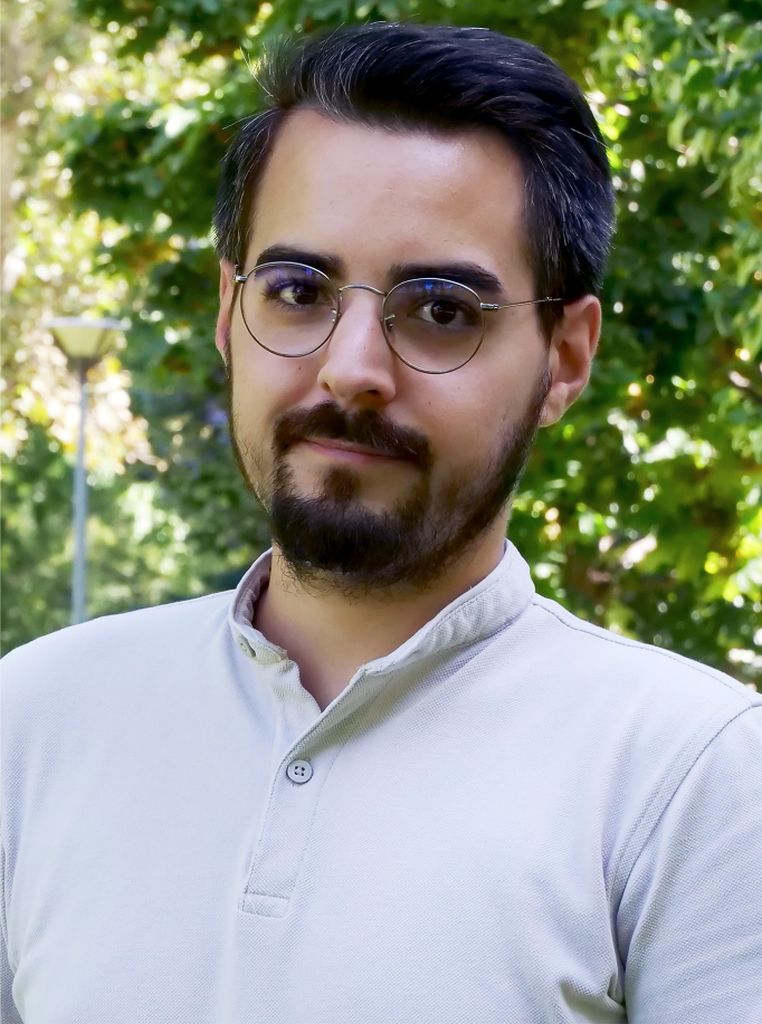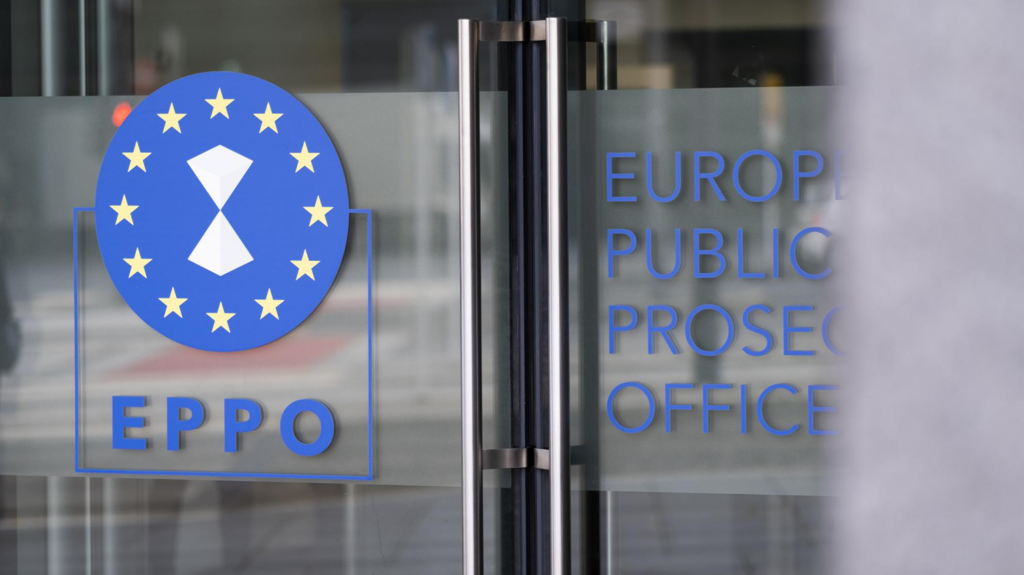The https://english.atlatszo.hu use cookies to track and profile customers such as action tags and pixel tracking on our website to assist our marketing. On our website we use technical, analytical, marketing and preference cookies. These are necessary for our site to work properly and to give us inforamation about how our site is used. See Cookies Policy
Hungary was involved in 80 investigations by the European Public Prosecutor’s Office last year
The European Public Prosecutor’s Office, which has been in operation for almost three years, published its report for 2023 at the beginning of March this year. In total, the Prosecutor’s Office opened 1,371 investigations last year in the 22 EU Member States that joined it, and had 1,927 active investigations. The record holder in both categories was Italy with 556 opened cases and 618 active cases. Hungary is not a member of the European Public Prosecutor’s Office, along with four other EU countries – Denmark, Ireland, Poland and Sweden – but there were also reports from these countries and they were also involved in various investigations. Hungary was involved in 80 cases last year, the highest number of the five non-member countries.
The European Public Prosecutor’s Office (EPPO), based in Luxembourg, has been investigating fraud against the EU budget and other crimes against the EU’s financial interests, such as cross-border VAT fraud, since 1 June 2021.

Of the 27 EU Member States, only 5 (Denmark, Ireland, Hungary, Poland and Sweden) have not joined the EPPO, but the Prosecutor’s Office has cooperation agreements with these countries. In addition, it has partnerships with a number of non-EU countries to investigate misuse of EU funds within those countries.
More and more investigations and reports
Data from the two and a half years since the EPPO was launched show that the Prosecutor’s Office has been working on more and more cases each year: both the number of reports/complaints and the number of cases opened and active cases have gradually increased since June 2021.
In 2023, 4,187 cases (26 per cent more than in 2022) were reported to the EPPO, and 1,371 investigations (a 58 per cent increase) were opened, alongside 1,927 active investigations. The damage to the EU budget from these cases is estimated at €19.2 billion. Only 17.5 per cent of the cases (339) were linked to VAT fraud, but the damage caused (€11.5 billion) accounted for 59 per cent of the total estimated damage.
For the 22 Member States, details are provided on where the notifications came from: national authorities, EU institutions and bodies, private parties, or ex officio. Between 2021 and 2023, the Prosecutor’s Office received more than 10,000 reports, most of which (5,700 reports) were from individuals or organisations.
In terms of estimated damage to the EU budget, Italy topped the list in 2023. In 2023, 556 new cases worth €6.02 billion were opened by the EPPO in the southern European Member State, representing 50 percent of the total value of all investigations. In addition, the EPPO had 618 active cases in Italy worth €7.38 billion (38%), of which 121 cases were related to VAT fraud, totalling €5.22 billion (45%).
Hungary is not a member but is involved in several cases
Hungary and four other EU countries (Denmark, Ireland, Poland and Sweden) are not members of the European Public Prosecutor’s Office. The then Hungarian Justice Minister, László Trócsányi, opposed the creation of the European Public Prosecutor’s Office as early as 2018 (as there were already institutions such as Eurojust and OLAF to deal with crimes against the EU’s financial interests) and did not support Hungary’s accession.
“The establishment of the European Public Prosecutor’s Office as an independent institution also raises the question of Hungary’s compatibility with the Basic Law, which stipulates that the Hungarian prosecutor’s office is the exclusive enforcer of the state’s criminal claims,” he told MTI. Ákos Hadházy’s call for Hungary to join the European Public Prosecutor’s Office gathered 680,000 signatures in 2019, but the government has not addressed the issue.
However, in April 2021, shortly before the launch of the European Public Prosecutor’s Office, Hungarian Prosecutor General Péter Polt and Laura Codruţa Kövesi, head of the EPPO, signed a cooperation agreement that
“will allow both parties to exchange strategic and non-operational information that does not include personal data. It also provides for regular high-level and technical meetings, as well as training and conference cooperation.”
Speaking in Parliament on 14 June 2022, one year after the establishment of the Prosecutor’s Office, Róbert Répássy, Parliamentary State Secretary of the Ministry of Justice, said that while the Hungarian government agrees with the aims of the Prosecutor’s Office, he believes that “by joining, member states are handing over one of their most important powers to the EU, by limiting their criminal law powers”. Répássy added that Hungary’s accession is only conceivable if the prosecutor’s office respects the constitutional order of the member states.
However, notwithstanding the refusal to join, non-participating countries can also notify the EPPO. In 2023, 132 notifications were received from the five non-participating countries, of which the largest number – 58 – came from Hungary.
Among the non-participating EU countries
Hungary was the country most often involved in investigations by the European Public Prosecutor’s Office, with 80 cases in total.
This is twice as many as in 2022 when Hungary topped the five non-member list with 40 cases. In 2021, Hungary was involved in 17 investigations in the six months of the EPPO’s existence, compared to Poland’s 23 cases.
The most recent news on the EPPO website about Hungary is from March this year: a criminal gang was busted in Italy for importing fuel into the southern European country and evading €300 million in VAT – using bank accounts of Hungarian and Romanian companies.
In a few other cases, Hungary is also mentioned on the European Public Prosecutor’s Office website, mostly as a location for international crime. Also in March this year, house searches were conducted in Hungary concerning a VAT fraud case involving more than €53 million, caused by a criminal organisation that traded more than 10,000 cars internationally.
In 2022, we were also raided in an international case involving 9,000 legal entities and 600 individuals from 37 countries, causing €2.2 billion in damages. The EPPO has recorded this as the biggest ever EU VAT fraud case.
Translated by Krisztián Szabó. The original version of this story was written by Krisztián Szabó and can be found here. Cover photo: EPPO
Share:
Your support matters. Your donation helps us to uncover the truth.
- PayPal
- Bank transfer
- Patreon
- Benevity
Support our work with a PayPal donation to the Átlátszónet Foundation! Thank you.
Support our work by bank transfer to the account of the Átlátszónet Foundation. Please add in the comments: “Donation”
Beneficiary: Átlátszónet Alapítvány, bank name and address: Raiffeisen Bank, H-1054 Budapest, Akadémia utca 6.
EUR: IBAN HU36 1201 1265 0142 5189 0040 0002
USD: IBAN HU36 1201 1265 0142 5189 0050 0009
HUF: IBAN HU78 1201 1265 0142 5189 0030 0005
SWIFT: UBRTHUHB
Be a follower on Patreon
Support us on Benevity!

